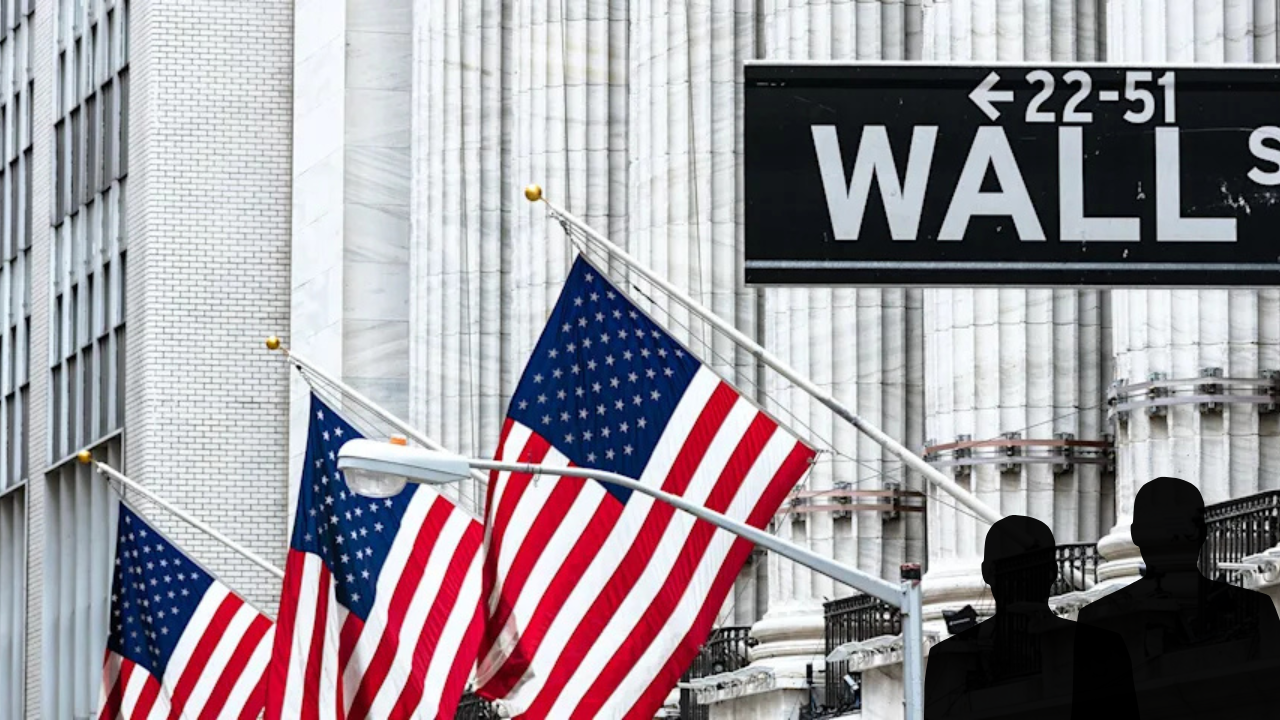
By: Rimi
Published on: Apr 03, 2025
As President Donald Trump prepares to unveil sweeping reciprocal tariffs on Wednesday afternoon, economists and investors brace for a potential trade war that could derail global growth. While fears of stagflation and recessionary risks dominate headlines, one veteran analyst argues that American market exceptionalism isn’t just alive—it’s poised to thrive amid the chaos.
Ed Yardeni, president of Yardeni Research, urges investors to double down on US equities, even as global markets wobble. “We are maintaining our Stay Home (versus Go Global) bias, recommending that managers of global portfolios overweight US stocks,” he said. Here’s why a recession triggered by tariffs could solidify the US as the world’s premier investment haven.
President Trump’s “liberation day” tariff plan—a hallmark of his 2025 economic agenda—threatens to upend $33 trillion in global trade, according to Bloomberg Economics. The proposal, which targets imports from China, the EU, and emerging markets, risks igniting retaliatory measures and stifling growth worldwide.
While critics warn of stagflation (a 45% probability, per Yardeni), the US economy holds structural advantages that could help it outperform peers in a downturn:
Full Employment: The US unemployment rate hovers near historic lows, fueling consumer spending and insulating the economy.
Energy Independence: As a net energy exporter, the US is less vulnerable to oil price shocks that crippled growth in past recessions.
A Services-Driven Economy: Unlike manufacturing-heavy nations, the US relies on resilient sectors like tech, healthcare, and finance.
“The US has a dynamic and flexible economy that can adapt faster than its peers,” Yardeni noted.
Yardeni’s Stay Home thesis hinges on three pillars:
Debt Dynamics: While US debt levels are concerning, they pale compared to China’s $18 trillion local government debt crisis.
Central Bank Flexibility: The Federal Reserve has ample room to cut interest rates (unlike the ECB or Bank of Japan, which face near-zero rates).
Corporate Innovation: US tech giants continue to drive productivity gains, even as foreign rivals struggle.
By contrast, Europe and Asia face mounting headwinds. Germany’s export-reliant economy is already in recession, while the UK battles stagflation. Meanwhile, China’s property crisis and demographic decline threaten long-term growth.
| Factor | United States | Global Peers |
|---|---|---|
| Labor Market | 3.8% unemployment | Eurozone: 6.9%, China: 5.2% |
| Energy Security | Net exporter since 2020 | EU imports 60% of its energy |
| Central Bank Policy | Fed funds rate: 4.25–4.50% | ECB rate: 0.25%, BOJ: -0.10% |
| GDP Growth (2025F) | 1.8% | Eurozone: 0.5%, China: 4.1% |
Unlike foreign central banks constrained by low rates or negative yields, the Fed has 500 basis points of rate-cutting ammunition to stimulate growth. This firepower could cushion the blow of a recession and accelerate recovery—a luxury Europe and Japan lack.
“In a global downturn, the Fed’s ability to act will make US assets a safe haven,” Yardeni said.
Critics argue that US stocks are overvalued, with the S&P 500 trading at a 20% premium to its 10-year average. Year-to-date, the index has lagged the Euro Stoxx 600 (-4.4% vs. +5%), fueling skepticism about US dominance.
However, Yardeni counters that quality justifies the premium. “US megacaps like Apple and NVIDIA are profit machines with global reach. Their earnings justify higher multiples,” he said.
Overweight US Equities: Focus on sectors less exposed to tariffs, like healthcare, utilities, and tech.
Avoid Export-Dependent Markets: Steer clear of German industrials or Chinese manufacturers.
Monitor the Dollar: A stronger USD could hurt multinationals but benefit domestic-focused firms.
While Trump’s tariffs could tip the global economy into recession, the US is uniquely positioned to weather the storm. From its robust labor market to the Fed’s policy flexibility, America’s structural advantages reinforce its status as the world’s premier investment destination.
As Yardeni concludes: “In a crisis, investors flock to quality. The US still sets the standard.”
FAQ
Q: What is US market exceptionalism?
A: It refers to the US economy’s historical ability to outperform global peers in growth, innovation, and market returns.
Q: How could tariffs cause a global recession?
A: Tariffs raise costs for businesses and consumers, reduce trade volumes, and spark retaliatory measures—slowing worldwide GDP growth.
Q: Why is the Fed’s rate policy important?
A: Lower rates stimulate borrowing and spending, helping economies recover faster during downturns.
Comments
No comments yet. Be the first to comment!
Leave a Comment